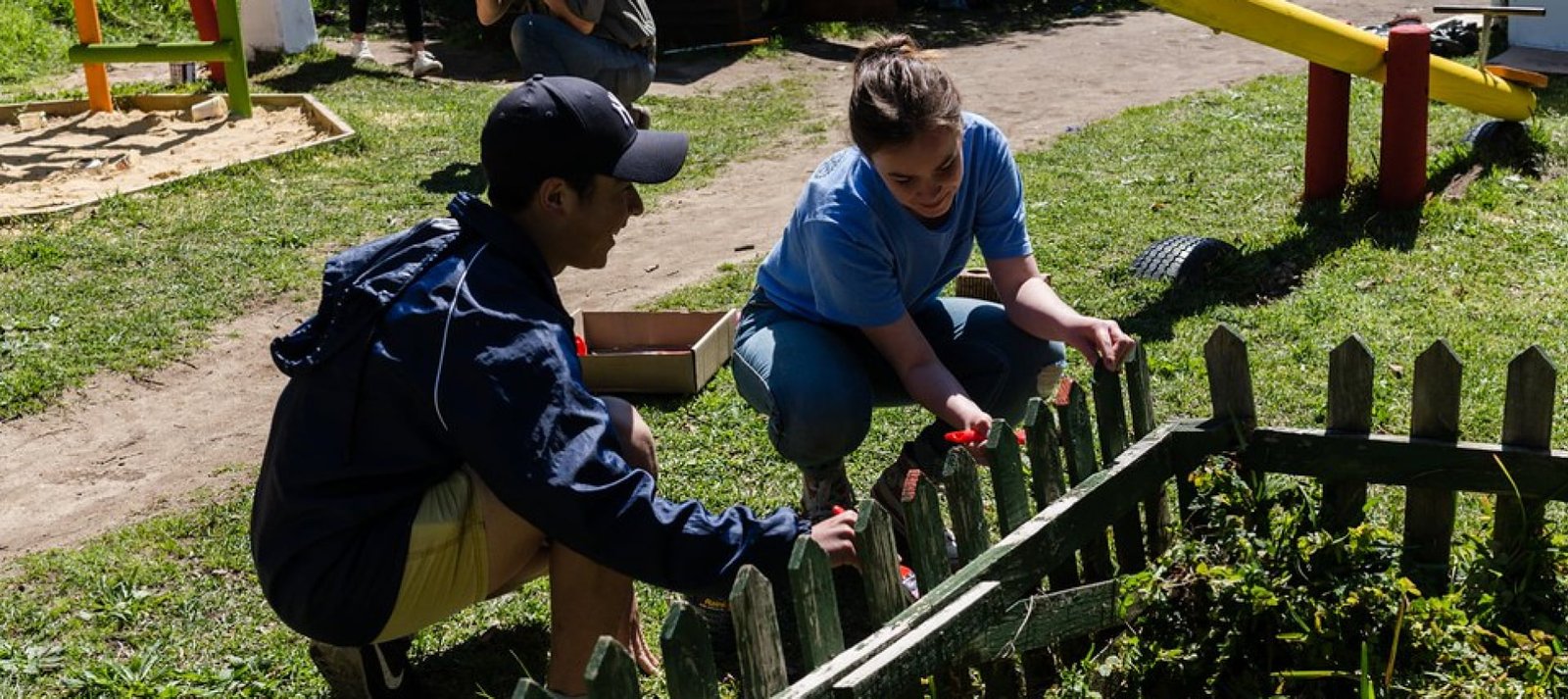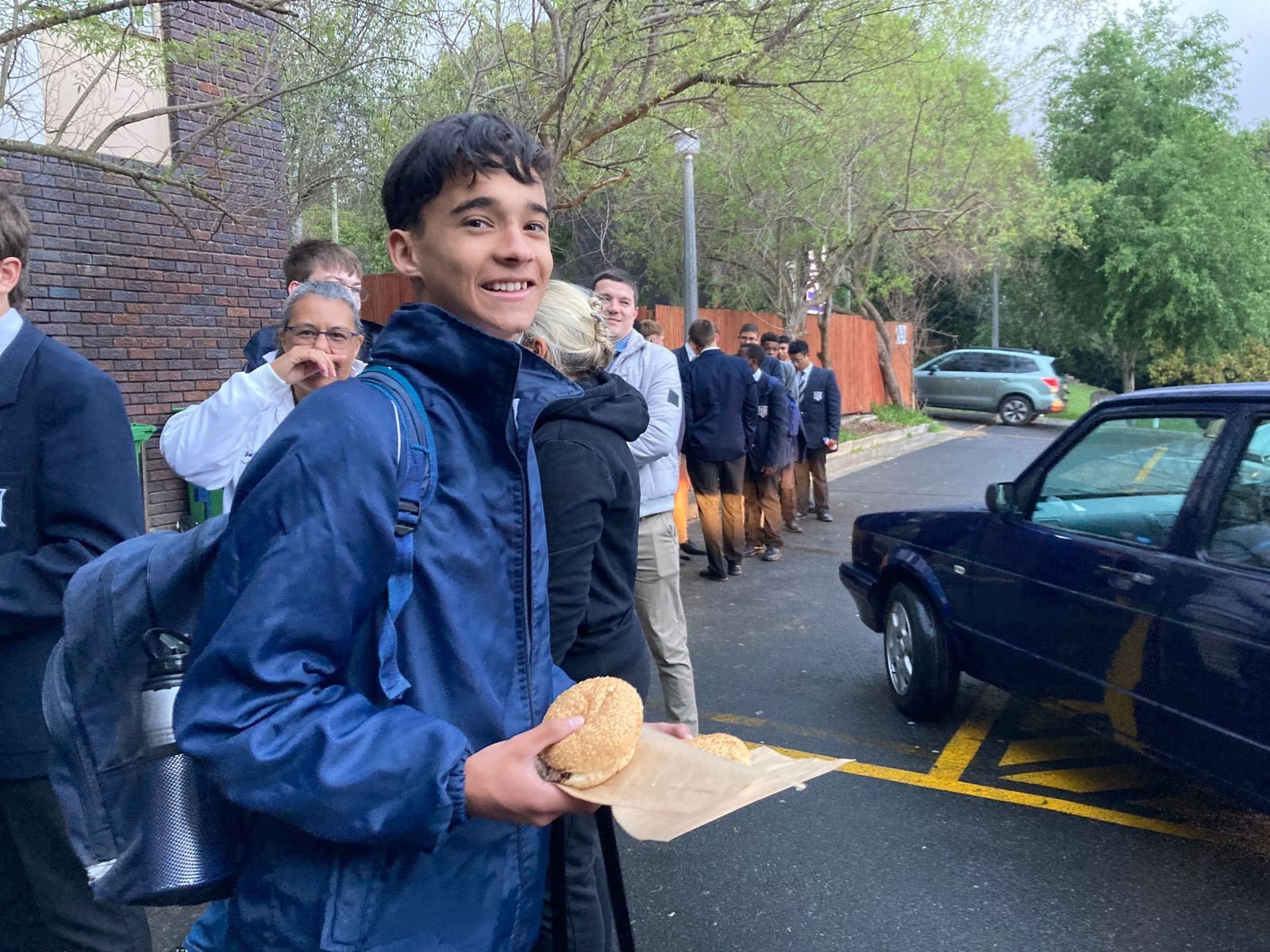Together Since 1841
A Beacon of Comprehensive Education and Character Development
Wynberg Boys High School prioritises service, both in the school and to the wider community, understanding the importance of enshrining in all students the need to give back. Boys are encouraged at all times to consider how they can contribute, both in the context of day-to-day school life and in the world. We actively facilitate the development of all students in this way and offer several qualifications and opportunities to allow them to further themselves in this manner.

and respect
- B’nai Brith One2One
- Marshalling at the Two Oceans Marathon
- Sandwich Making for Haven Night Shelter, Capricorn Park Primary, and supported schools in the area
- Soup Making to assist other schools with their feeding programmes
- Sisanda Fun days/Connect
- Interact Workshops
- Annual Pudding Mix


- Sound and Lighting
- Academic Evening helpers
- Academic Institute/Study Group Tutoring
- School event assistance
- Security Detail
- Parents' Association
A Beacon of Comprehensive Education and Character Development
The Representative Council of Students ( RCL ) is a governance structure of students as stipulated in the SA Schools Act, 1996 ( Act 84 of 1996). It is the link between the school and the management of the school along with the governing body.
- The RCL is the body responsible for the creation of fine leadership hence why the RCL is also responsible for the encouragement of Active Citizenry.
- The RCL must model and assist in the upholding of the school’s values and ethos so as to help students to conduct themselves in a courteous and responsible way.
- It is the duty of the RCL to ensure that the students they represent subscribe to the code of conduct of the school.
The RCL is the voice of the school. It is our job to make sure that any suggestions, complaints, problems or ideas from the students for practically anything related to the school, are heard and discussed. It is then our job to take action on these matters and to do our best to follow through with the good ideas and suggestions and to solve any problems or issues at hand.
The main vision of the RCL is to work with and for the school. The RCL is devoted to promoting positive change in the school and we are always looking to improve the school in any way possible for the benefit of all students. We are willing to do our utmost to make a difference. The biggest factor keeping the RCL going is the students of the school. Without the students, the RCL would not be able to function and that is why we want to do our best to work with the school in every way possible and to communicate with the school constantly.
1
5
2
6
3
7
4
8
